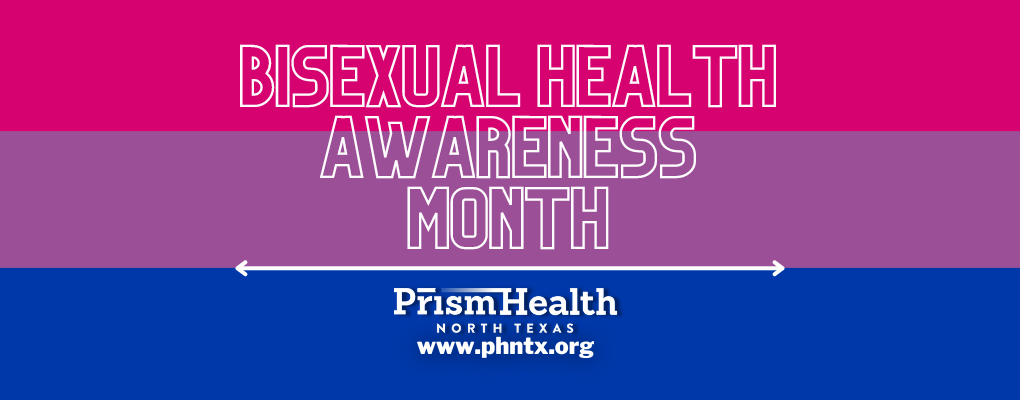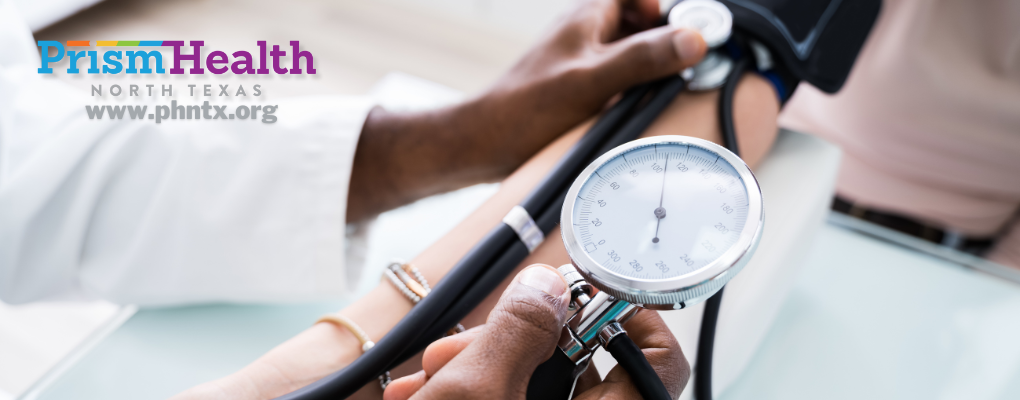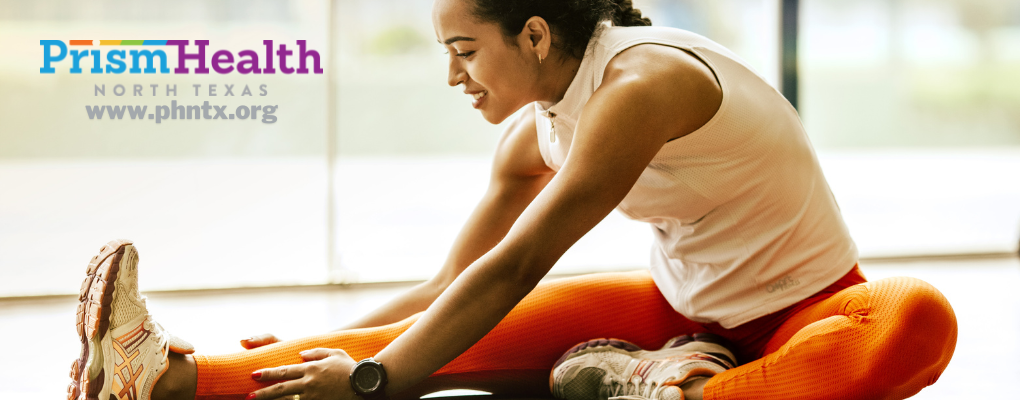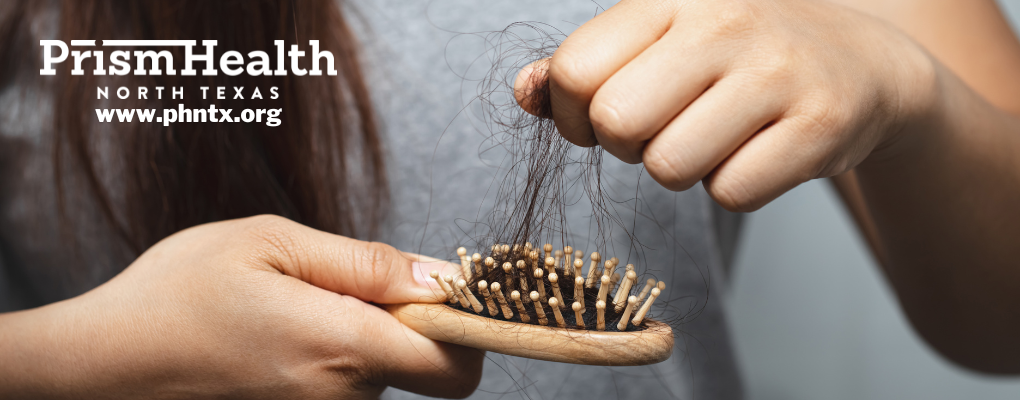
Bisexual Health Awareness Month
Published: 03-13-2023 | 2 MIN READ | Author: Prism Health North Texas
March is Bisexual Health Awareness Month, a time to celebrate the whole of your identity without stigma or shame. This month take time to appreciate all that is you, your love language, and expression. Remember connection and belonging are vital for fostering physical and mental well-being as well as health. So love YOU, care for YOU, and celebrate YOU this and every month.
Here are some bisexual health facts at-a-glance:
- 45% of bisexual women have considered or attempted suicide1.
- Bisexual women are twice as likely to have an eating disorder than lesbians1.
- Bisexual women report the highest rate of alcohol use, heavy drinking, and alcohol-related problems when compared to heterosexual and lesbian women1.
- Bisexual men are less likely than gay men to seek sexual or reproductive health services2.
- Bisexual men are more likely to report they are unable to afford prescription medications, dental care, and specialized services than heterosexual men2.
- Bisexual men and women report the highest rates of smoking of all orientations1.
- Bisexual men and women report serious pathological distress more frequently than gay, lesbian, or heterosexual people2.
What is Bisexuality?
Bisexuality is “a person who is sexually or romantically attracted to both men and women, or to more than one sex or gender.”
Bisexual individuals make up the largest self-identified group within the LGBTQIA+ community. It’s estimated that about 3.9% of adults self-identify as bisexual.
Mental Health in the Bisexual Community
Although bisexuals make up a large part of the LBTQIA+ community, a shockingly small amount of mental health research has focused on bisexual people. When compared with heterosexual, gay, or lesbian individuals, bisexual people have reported an increase in experiencing depression or suicidal thoughts.
Some other mental health risks that are higher for bisexual people are:
- Mood/anxiety disorders
- Intimate partner violence
- Mental health distress
- Substance misuse
- Risk of suicide
Disparities in the Bisexual Community
People in the bisexual community tend to seek mental health treatment less often than others in the LGBTQIA+ community due to feeling stigma, marginalized, and discrimination.
Some experiences for the bisexual community include:
- Biphobia – dislike or prejudice against bisexual individuals.
- Monosexism – the belief that a person can only be attracted to one gender (i.e., they can only be heterosexual, gay, or lesbian).
- Bi-erasure – people’s dismissal of or refusal to believe that a person can be bisexual.
Mental health issues aren’t the only health problems the bisexual community experiences on an increased basis. Gastrointestinal problems, obesity, and arthritis are also reported higher among bisexual individuals.
What Can I Do?
If you are or know a bisexual person experiencing these or any other health problems, you have a right to seek help as much as any other person does.
Check out PHNTX’s services to find out how we can help!
Sources:
Bisexual Health Awareness Month Draws Attention to Community’s Urgent Health Needs



